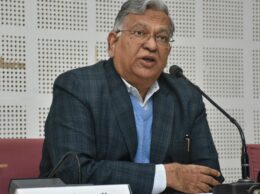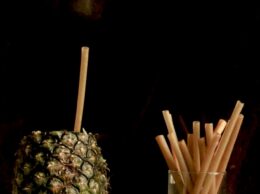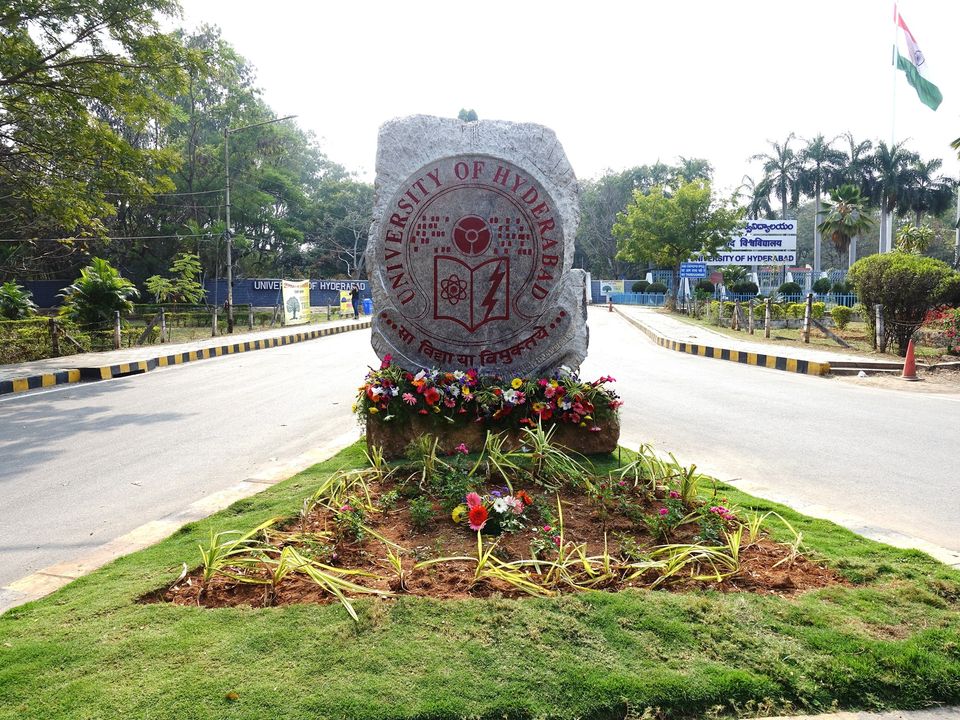CHENNAI : Indian Institute of Technology Madras (IIT Madras) has partnered with Tel Aviv University, Israel, and KMCH-Research Foundation (KMCH-RF), Coimbatore, to offer a water quality course aimed at creating water-literate citizens.
This four-month-long course, offered in hybrid mode through NPTEL online-platform, is ideal for final-year science and engineering students, and anyone with a technical background interested in water quality.
The course organizers are working towards building a water map of India and the world by students, who will contribute to building water literacy. After a detailed introduction to fundamental aspects of water quality, students will conduct practical tests including surveys. They will receive a certificate upon completion which may be credited as part their degree program via their institution.
Registrations for this course, which will start on 29th July 2024, will close on 20th July 2024. Interested candidates can register through the following link – https://bit.ly/3zgpkMy.
Prof. T. Pradeep and Prof. Ligy Philip from IIT Madras, Prof. Hadas Mamane and Prof. Ram Fishman from Tel Aviv University, and Dr. G. Velmurugan from KMCH-Research Foundation serve as the course instructors, in addition to guest lecturers from IIT Madras, BARC and Purdue University.
Welcoming everyone interested in preserving water quality to take this course, Prof. Thalappil Pradeep, Padma Shri Awardee and Institute Professor, Department of Chemistry, IIT Madras, said, “Achieving Sustainable Development Goals of United Nations is possible only when people understand the reasons that limit their realisation. Water quality is one such aspect. This course will build reliable water quality data by people which will also make them water-literate. The course is part of an initiative to train water professionals for the world.”
Titled ‘A Hybrid Course on Water Quality: An Approach to People’s Water Data’, the course will deliver a comprehensive understanding of important aspects of water quality, analysis of key parameters, and their impact on human health. It will also establish a database of water quality from diverse sources such as households, rivers, borewells, groundwater, and pipeline networks.
The students will have option to attend the lectures online or offline, or in recorded form. Their understanding of the concepts will be evaluated by online assignments and quizzes. Those registering for the practical session will do measurements in the field and lab with hand-held instruments and field test kits, among others. The water quality parameters studied include free chlorine, total chlorine, alkalinity, pH, oxidation-reduction potential (ORP), conductivity, total dissolved solids (TDS), temperature, turbidity, as well as presence and absence of E. coli and total coliforms.
The course has been designed based on a pilot study done during the last summer in different places across Tamil Nadu (such as Chennai and Erode, among others) involving college students. The data from this endeavour was collated to create online data on water quality with spatial coordinates, and inputs from surveys.
Since practical sessions occur at different cities and villages, it is essential to have many participants enrol from a given location and contribute towards building People’s Water Data. Universities and institutes are encouraged to join hands in becoming a centre for the practical session.
More details can be obtained from the course coordinators, Dr. Ramya Dwivedi, email – ramya_coe@icsrpis.iitm.ac.in (IITM) or Ms. Suzan Kagan, email – suzankagan@gmail.com (Tel Aviv University).









